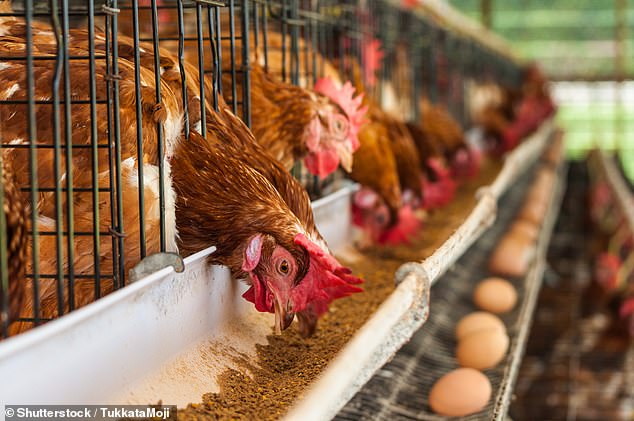Smart Traveller website issues bird flu warning to Aussies heading overseas
The Australian government has warned travellers amid concerns over an outbreak of bird flu.
Strains of bird flu are circulating worldwide. The government website Smart Traveller warns of outbreaks in Europe, North and South America and Asia.
“Human infection is rare. But be aware of increased health risks when traveling to affected countries,” the warning said.
The virus usually affects birds, but can also infect animals, which can then lead to transmission of the virus to humans.
“Eggs and poultry are safe to eat when handled and prepared safely,” the warning reads.
Travelers are advised to watch for signs of infection, including red or irritated eyes (conjunctivitis), fever, cough, sore throat, runny or stuffy nose, muscle or body aches, fatigue, shortness of breath or difficulty breathing, and pneumonia.
Other less common symptoms include nausea, vomiting, diarrhea, or seizures. However, infected people may not show any symptoms.

The virus usually affects birds, but can also infect animals, which can then lead to transmission of the virus to humans.
There is no vaccine against the virus, but the flu vaccine is ‘important to prevent bird flu from becoming a bigger threat to humans’, and travellers are advised to ensure their flu vaccines are up to date.
Travelers are also urged to minimize contact with animals in areas where bird flu is prevalent, avoid contact with dead or sick animals (including wild birds), and avoid poultry farms and markets with live birds.
It is also recommended to wash hands frequently and thoroughly, especially after contact with animals and their environment. In addition, poultry and poultry products should be cooked thoroughly before consumption.
“If you feel unwell, consult a doctor,” the warning reads.
‘If you feel unwell on your return journey to Australia, tell a crew member or airport staff. Make sure you tell them about any contact with sick people or animals.’
Australians should also consult a doctor after returning to Australia if they show symptoms of bird flu.
“Tell them your recent travel history, including any contact with sick people or animals,” the warning reads.
